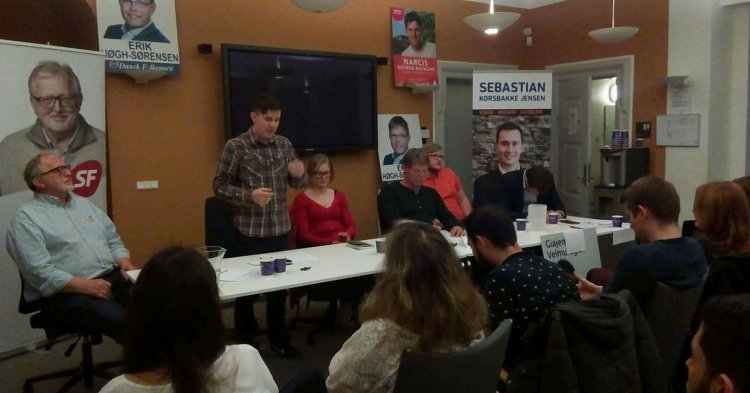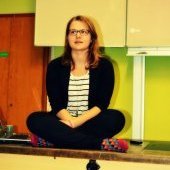Since 1995, every EU/EEA citizen with a permanent address in Denmark has the right to vote and run in the regional and municipal elections. However, the majority of the foreigners living in Denmark do not exercise these rights, lack the motivation to do so or are not aware of having any rights at all. Even the politicians don’t always realize that the international community can vote in the elections, hence they do not bother with any campaign aimed at the expats.
This is, however, a big mistake as it would bring them and their parties a great number of new voters. In addition, the parties with anti-immigration programmes have thus a higher chance to impose measures which complicate the lives of foreigners living in Denmark.
Are the internationals able to change this situation?
Surprisingly, the international community has pretty good chances to reverse this trend. According to Copenhagen thinktank Tænketank Europa, the percentage of foreign citizens eligible to vote has increased by 33 percent, in contrast to the last regional and municipal elections. Four percent of all Denmark’s eligible voters are other EU citizens – which is a number high enough for the politicians to take into account.
Why don’t they just vote?
As mentioned earlier, the main problem is that the expats do not go to the polls because they are not aware of this option. However, even when they find out about it, many of them still decide to stay at home. Why is it so? It might be due to the feelings of “not belonging” to the country; Denmark’s integration of foreigners has not been very successful which has led to the creation of (language) barriers between them and the Danish population.
Besides, since the politicians do not usually aim at immigrants, it is hard for them to choose who to vote for. The foreign voters do not know what the party and its members stand for and whether or not they will be able to fight on behalf of the internationals. In short, they want familiar faces on the posters; people with programmes which would include the foreigners and their daily struggles and would make them feel more welcome in Denmark.
Hope for international Denmark
Luckily, many people who have been living in Denmark for a longer time are trying to tackle this issue. One of them is a young Romanian Narcis George Matache – a Social Democrats’ candidate for the regional council in North Jutland (Nordjylland) region. The main goal of his campaign was to inform the internationals living in Aalborg and surrounding towns about their working and political rights and then teach them how to use them. He was also focusing on equal rights between the Danes and foreigners because especially students from abroad are being discriminated and exploited by local employers (as shown in one of the episodes of the Operation X - a crime show in which the author is going undercover to expose criminals).
Together with the Denmark’s largest trade union 3F, Matache has been organizing events such as meet-ups of different cultures, Diversity Day, Welfare Talks or debates with local politicians. All of these were meant to educate the international community in North Jutland and get them to vote. With the help of other members of the European Youth North Denmark (JEF North Denmark), Narcis even initiated the Save SU Protest – a demonstration against a new budget proposal which would take subsidies away from the international students.
Despite all of his efforts, Narcis George Matache was not elected - this time. But his campaign was certainly a starting point for other (young) Europeans with political ambitions who are living abroad. This year, he managed to inform international voters about their rights and even convinced more than 600 of them to vote for him.
Matache is, of course, not the only international candidate in Denmark. Victoria Voda was running for Conservative Party in Copenhagen, in Frederiksberg, there was Fiodor Chior and also Ecaterina Pedersen for Alternativet in Federicia, to name a few.
How about the Danes?
Some of the Danish politicians, in fact, care about their non-Danish voters as well. Another Social Democrats’ candidate in Aalborg, Lasse Frimand Jensen, has done a great deal of work in the previous years in order to make the internationals integrate faster and to stay in the region. He has managed to implement bilingual administration, actively fights against work exploitation of foreign students and has also established the International House North Denmark as a place where many youth organisations and start-ups can be set up and work.
These elections have shown that the interest to engage in politics is slowly but steadily growing among the non-Danish residents. If this trend continues, there is a high chance that during the next elections, there will be even more campaigns spreading awareness and improving the living situation of foreigners. The Danish politicians should thus expect the international community to make their voices heard in politics more and more often.


Follow the comments: |
|
